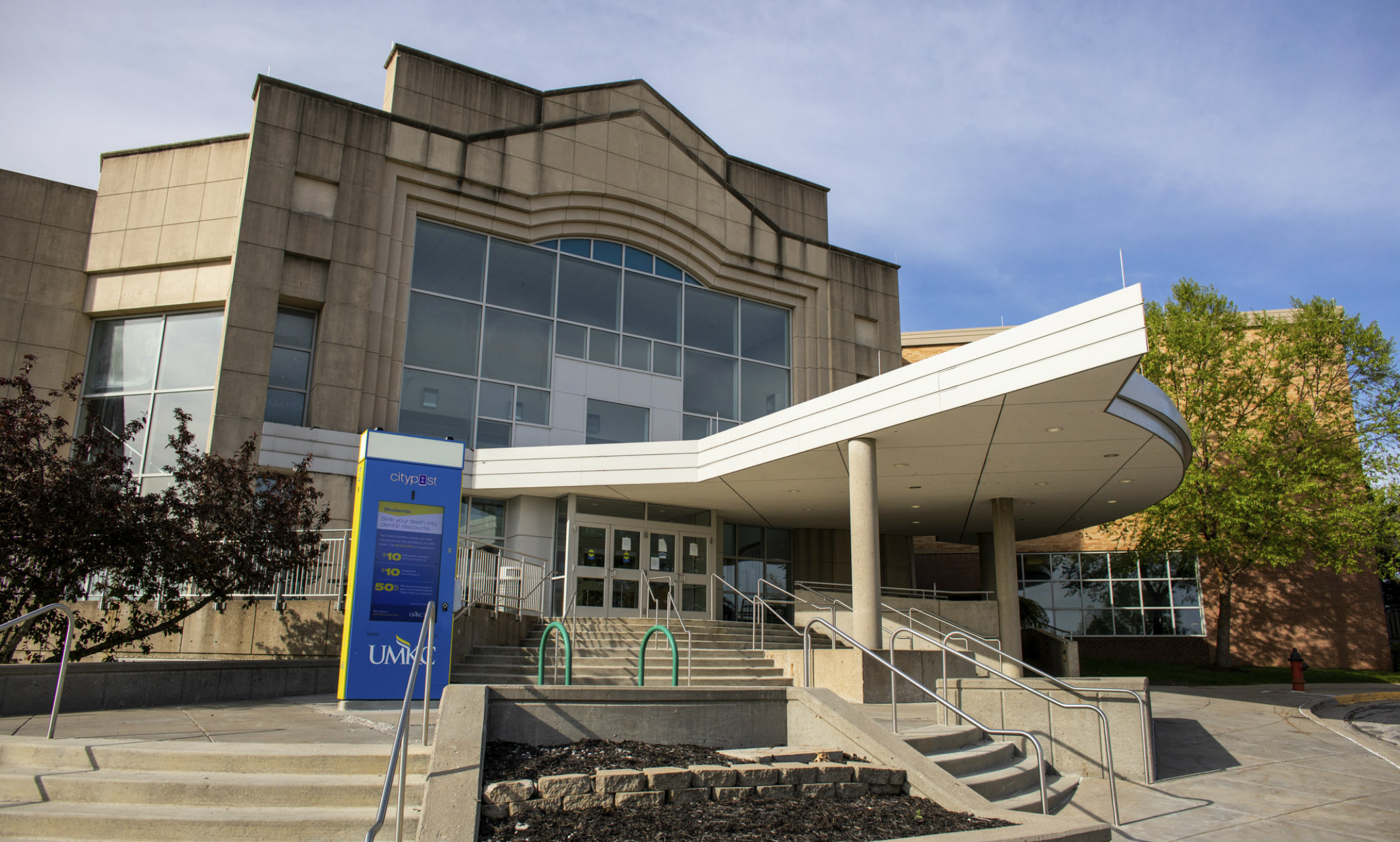How’s this for a Rubik’s cube-level puzzle challenge? UMKC typically schedules more than 5,800 courses a week. Now we have to limit all of our classrooms to only 25% of capacity due to COVID-19. There is some extra meeting space available, but not nearly enough to consequentially meet what is essentially a four-fold increase in demand for classroom space.
What do we do?
Ask UMKC Registrar Amy Cole. She and her team are doing it.
To maintain recommended social distancing in response to the COVID-19 pandemic, the university is mandating that classroom population be limited to 25% of capacity for the fall semester. That key element of the #RooReady challenge landed in the lap of the Registrar’s office.
To make it work, Cole and her team are converting event spaces including Pierson Auditorium and the fourth floor of the Student Union into classroom space, while exploring “every nook and cranny” of almost every building on both campuses to make sure students and faculty can socially distance while having a great in-classroom experience. The team is working with each of the schools to expand online and hybrid class offerings, and offer more evening and early-morning sections of popular classes.
“It’s a big lift, and we’re still at it,” Cole said. “We’re still finding spaces that can be converted to classrooms, figuring out a safe capacity for them and working them into the schedule. The goal is to give as many students as possible as much of what they want as possible. It’s time consuming, but we have a great team of dedicated people committed to getting it done.”
Other members of the UMKC community are hard at work as well in order to meet this unique challenge. Faculty are undergoing summer training to create format flexible courses. This means that while they are planning to teach in-person, they will have a Plan B to take classes online if the COVID environment makes that necessary. Those plans will be communicated clearly to students in the syllabus at the beginning of the semester to minimize surprises or disruptions during the semester.
Instructors will have new flexible attendance policy guidelines to meet the unique demands of attending class during a pandemic, including guidelines for those with underlying health conditions or other situations. Those guidelines will be clearly laid out in the syllabus. Students requesting COVID-related academic accommodations should contact Scott Laurent at (816) 235-5696 or by email at laurentr@umkc.edu.
UMKC also is making increasing use of “hybrid” courses for the fall, which include a combination of online and in-classroom sessions. For example, the course readings and online lectures are completed outside of class and students meet in person for smaller discussion groups or lab sections.
The university is expanding online offerings of both “synchronous” courses, which are conducted in real time with ongoing interaction among students and instructors; and “asynchronous” courses, which allow students to access the material at times of their own choosing. Even for fully online courses, faculty are preparing them so that there are opportunities for small group, virtual break-out sessions allowing students to have safe, meaningful engagement with other students and the faculty.
“We are looking at scheduling some sections as early as 7 a.m., or on weekends,” Cole added. “Some students may prefer an online course meeting at a more convenient hour.”
Classes involving internships, service learning, and clinical rotations/practica will have to be set up, and communicated, on an individual basis.
“We’re trying to provide as much flexibility as we can while sticking to that 25% capacity limit,” Cole said. “UMKC wants to provide all of our students with an engaging and meaningful college experience despite the challenges presented by the pandemic.”

